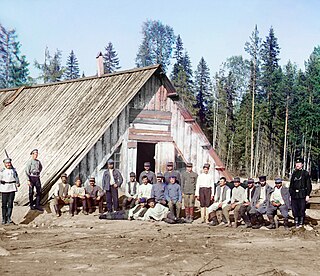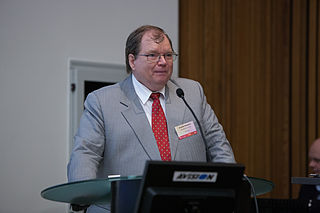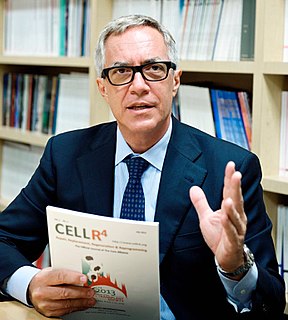Ruggero Ceppellini (Milan, 1917 – 1988) was a leading Italian geneticist. [1] Ceppellini made several important contributions in the field of immunogenetics, and understanding of the human leukocyte antigen (HLA). [2] [3]

Milan is a city in northern Italy, capital of Lombardy, and the second-most populous city in Italy after Rome, with the city proper having a population of 1,372,810 while its metropolitan area has a population of 3,243,115. Its continuously built-up urban area has a population estimated to be about 5,270,000 over 1,891 square kilometres. The wider Milan metropolitan area, known as Greater Milan, is a polycentric metropolitan region that extends over central Lombardy and eastern Piedmont and which counts an estimated total population of 7.5 million, making it by far the largest metropolitan area in Italy and the 54th largest in the world. Milan served as capital of the Western Roman Empire from 286 to 402 and the Duchy of Milan during the medieval period and early modern age.
Immunogenetics or immungenetics is the branch of medical genetics that explores the relationship between the immune system and genetics.

The human leukocyte antigen (HLA) system or complex is a gene complex encoding the major histocompatibility complex (MHC) proteins in humans. These cell-surface proteins are responsible for the regulation of the immune system in humans. The HLA gene complex resides on a 3 Mbp stretch within chromosome 6p21. HLA genes are highly polymorphic, which means that they have many different alleles, allowing them to fine-tune the adaptive immune system. The proteins encoded by certain genes are also known as antigens, as a result of their historic discovery as factors in organ transplants. Different classes have different functions:
During service as a sergeant in World War II, Ceppellini was captured by the British and as a prisoner of war in Palestine, was a medical orderly under Chaim Sheba. After the war he finished his medical training and decided to specialize in genetics; Luca Cavalli-Sforza influenced his decision and obtained a place for him at the University of Milan Istituto Sieroterapico Milanese. [3]

World War II, also known as the Second World War, was a global war that lasted from 1939 to 1945. The vast majority of the world's countries—including all the great powers—eventually formed two opposing military alliances: the Allies and the Axis. A state of total war emerged, directly involving more than 100 million people from over 30 countries. The major participants threw their entire economic, industrial, and scientific capabilities behind the war effort, blurring the distinction between civilian and military resources. World War II was the deadliest conflict in human history, marked by 50 to 85 million fatalities, most of whom were civilians in the Soviet Union and China. It included massacres, the genocide of the Holocaust, strategic bombing, premeditated death from starvation and disease, and the only use of nuclear weapons in war.

A prisoner of war (POW) is a person, whether combatant or non-combatant, who is held in custody by a belligerent power during or immediately after an armed conflict. The earliest recorded usage of the phrase "prisoner of war" dates to 1660.

Palestine is a geographic region in Western Asia usually considered to include Israel, the West Bank, the Gaza Strip, and in some definitions, some parts of western Jordan.
Ceppellini trained at the Lister Institute in London, then was visiting investigator at the University of Columbia Institute for the Study of Human Variation. [4] After returning to Italy in the late 1950s, in 1962 he became Professor of Medical Genetics at the University of Turin, where he founded the Institute of Medical Genetics and began his work on HLA. [3]

The University of Turin is a university in the city of Turin in the Piedmont region of north-western Italy. It is one of the oldest universities in Europe, and continues to play an important role in research and training. It is steadily ranked among the top 5 Italian universities and it is ranked third for research activities in Italy, according to the latest data by ANVUR.








